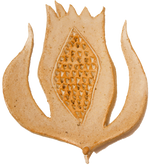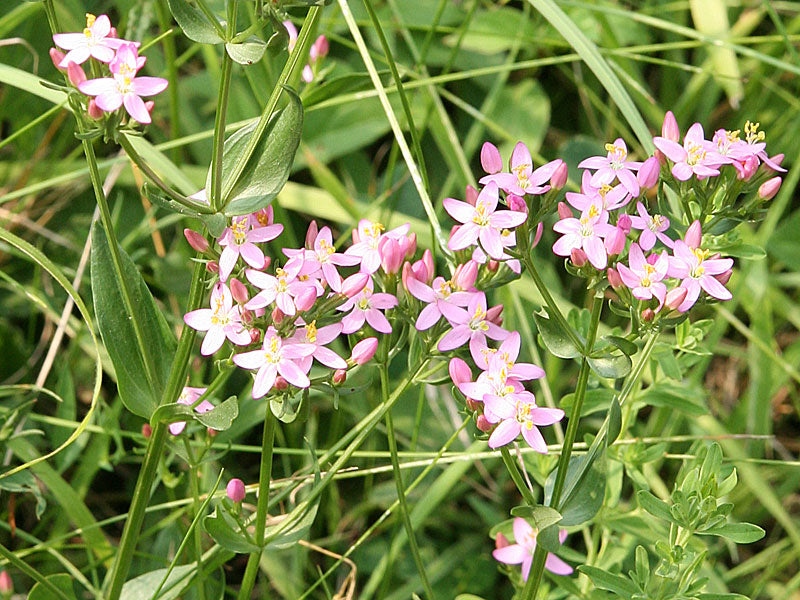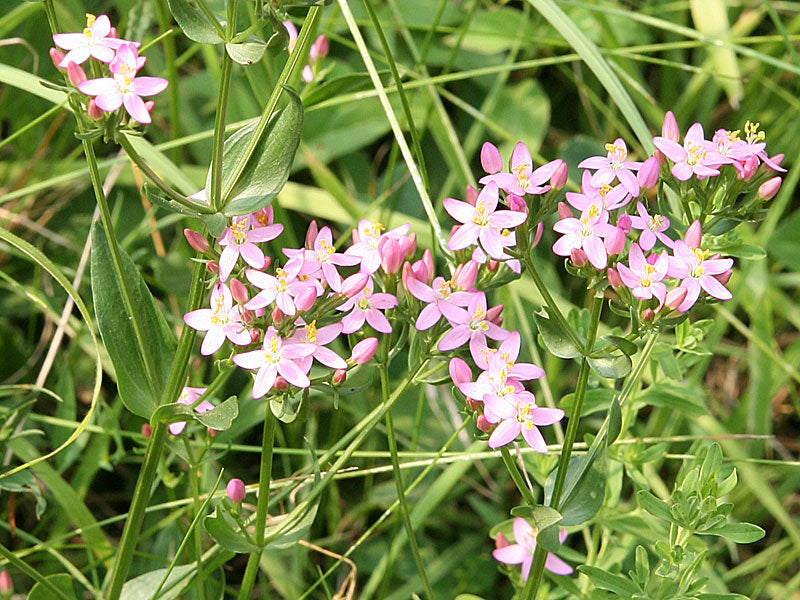Centaury
Centaury
£4.80
Centaury details
Latin Name: Centaurium umbellatum
Group: The Frist Twelve Essences
Emotional GroupOver: sensitive to influences and ideas
Failing: Weak
Personality: Servant
Virtue: Strength
Method: Sun
Indication
Kind, quiet, gentle people who are over-anxious to serve others. They overtax their strength in their endeavours. Their wish so grows upon them that they become more servants than willing helpers. Their good nature leads them to do more than their own share of work, and in so doing they may neglect their own particular mission in life. [Bach: Twelve Healers and Other Remedies 1936]
Affirmation
Centaury, that grow in our pastures, will help you to find your real self, so that you may become an active, positive worker instead of a passive agent. [Bach]
State of Being
To give strength. The weakness after illness: pale, languid, tired, no energy, limp, exhausted. Drained of vitality. Those who desire peace at any price. Even in illness they may be too willing to help others and get tired and worn-out by their efforts. The mind is often alert, but the body weak, too weak to make much effort. Meek, submissive and imposed upon because of their good natures. [Bach]
Habitat
General
It prefers dry soil, sometimes sand (there are various coastal varieties like C. littorale and C. scilloides); it grows commonly on chalklands, but not on acid soils. It will not tolerate shade. In longer grass it grows taller and more leggy, and conversely smaller in short grass.
Britain
Grows throughout Britain, except Scotland, in open grassland.
Centaury - Form and Function
Centaury is a small plant that for most of the year is easily overlooked, if not invisible among the general throng of flowers. Centaury people, therefore, may be seen as good-natured but unassertive. Bach speaks of them as ‘door mats’, lying there passively while the other children run in, boisterous and noisy. The stem and leaves are entirely without hairs (glabrous) and this suggests a lack of sensing and sensitivity on the part of the Centaury types: they do not respond and interact with the world around them in the way that Chicory and Agrimony do.
Centaury is a biennial plant: the seeds that germinate one year will produce flowers the next. The first movement of growth is so small it will hardly be observed. Two oval leaves, no more than a millimetre long, but with a root of 25 mm or more, are the first sign that the plant has begun a new cycle of life. Everything depends upon the root: if it can find constant moisture then little by little the plant will grow, eventually pushing its way up through grasses to get to the light. To observe how the seed germinates and begins to grow tells us how the soul type enters life: here it is small, tentative and fragile.
For the first season Centaury remains as a seedling with a rosette of leaves (30 – 40 mm across), hugging the ground. By fanning out the flat, oval leaves horizontally it asserts itself within a small space and deliberately prevents other plants from taking the light and water that it needs for the future. The territory may be small but Centaury can dominate that part of the earth. Lying flat on the ground, however, they are often walked on or driven over. The flat Centaury leaves are slightly cupped so as to incline the rainwater to run to the centre and so to the root. Three veins in the leaf help to structure it to this ‘decumbent’ shape.
£4.25/10ml
Ask us anything
We are happy to answer any questions you may have about our product.
You may also like
Subscribe to our newsletter
Promotions, new products and sales. Directly to your inbox.
Quick links
Contacts
01947 606565
totallynaturalskincare@outlook.com
152 Church street Whitby North Yorkshire YO22 4BH




